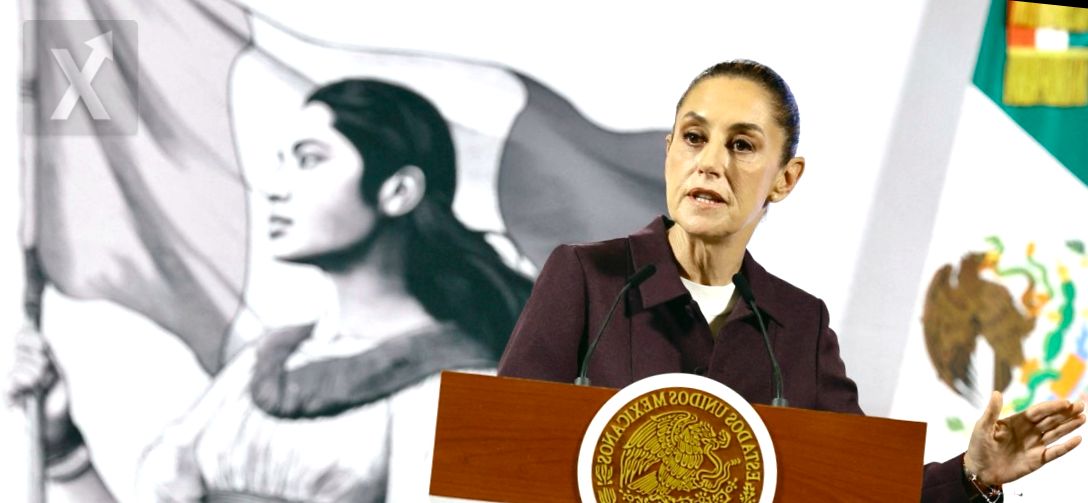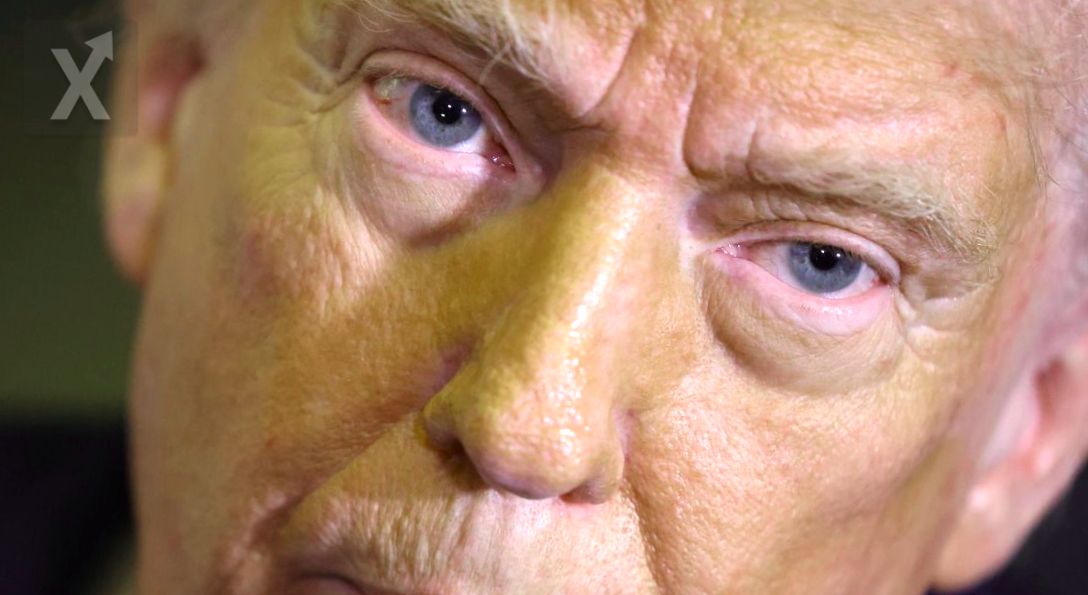Trump Intensifies Pressure on Global Trade Amid Unprecedented Deficit

The tariffs imposed by Donald Trump will affect all countries without exception. The U.S. president insists that no one will be exempt. His trade strategy is taking shape in the context of a historic goods deficit. According to reports from the Department of Commerce, the United States ended 2024 with a goods deficit of $1.2 trillion, and in January 2025, the negative balance stood at $156.767 billion.
A total of 10 nations accounted for 98.9% of the trade deficit with the United States. Compared to his first term (2017-2020), the trade deficit with China decreased until 2024, while it increased with the European Union and Mexico.
The main products generating this deficit are electronics and transportation machinery. For economist Mauricio Obstfeld from the Peterson Institute for International Economics, U.S. trade deficits are high, and even with new tariffs in place, they are likely to continue rising. In his publication "The U.S. Trade Deficit: Myths and Realities" from the Brookings Institution, he argues that the impact of increasing tariffs is uncertain. While imports might decrease, exports would likely drop as well due to retaliatory measures from other countries. The appreciation of the dollar, resulting from a decline in imports, would make American goods and services more expensive abroad. Additionally, tariffs on intermediate goods used by American manufacturers act like a tax and affect both exports and local products that compete with imports. Trump has pointed to an imbalance in trade with countries like China, the European Union, Mexico, Vietnam, and Japan, as well as specific sectors such as agriculture, semiconductors, pharmaceuticals, copper, and the automotive industry, where he has already laid out his strategy.
Furthermore, Trump has focused on specific sectors, announcing that a 25% tariff will be applied similarly to what he previously announced for vehicles and auto parts. The Republican stated that after April 2, nations will have the opportunity to negotiate, assuring that his approach is less severe compared to the tariffs that other countries impose on the United States.
Trump's approach to imposing tariffs may backfire on the U.S. economy, as raising the cost of goods and services in the international market affects not only local consumers but also the competitiveness of American companies. A balanced trade policy that promotes exports and reduces barriers to entry could lead to more sustainable growth and a stronger economy.




